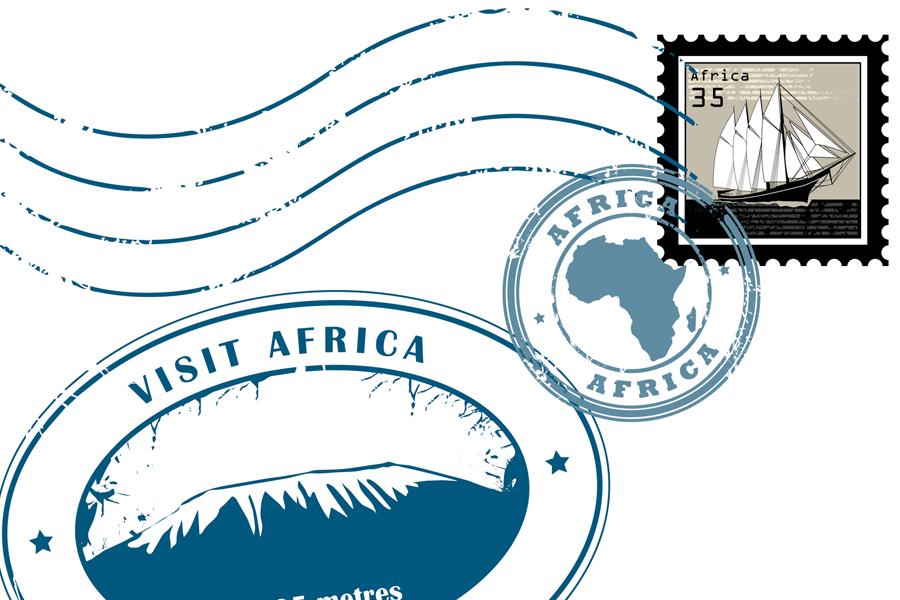
March 20, 2018
“It was the hardest thing we’ve ever done,” says San Diegan Mike Weinberg, organizer of the
largest and perhaps first all-vegan team ever to attempt Mt. Kilimanjaro, at 19,341 feet, Africa’s tallest mountain.
“On our fourth day, after 8 or more hours of strenuous hiking, all 17 of us reached Barafu high camp at 15,300 feet,” recalled Weinberg. “That’s 800 feet higher than Mt. Whitney, the highest peak in the lower-48 states.”
“With a late dinner and just a few hours rest, we began our final 4000-foot ascent to the summit in the middle of the night in subfreezing temperatures. After an excruciating 7+ hours of ultra-slow, step-by-step effort, legs screaming for oxygen and brains urging us to quit, 14 of us reached the summit!
But we weren’t done yet. We still had to descend, break camp, and hike to a lower camp to reduce our altitude exposure.”
David Clément, who joined the team from France, added, “During the final ascent, an incredible difficulty, I’d never had such physical sensations. Although we walked at less than 1 km/hr, we were out of breath. The group supported and encouraged each other, and many of us finished the last hundred meters arm in arm.”
The team’s stunning 82% success rate was nearly double the 44% average for a 6-day climb.
They had taken the Machame (aka “Whiskey”) route, one of the most beautiful but challenging paths.
What is even more remarkable is that the group consisted of climbers of widely varying experience ranging in age from 18 to 70. It was one climber’s very first trek with an overnight outing. Another had never scaled a mountain higher than 1000 feet. But what they all had in common was a devotion to whole food, plant-based nutrition and a vegan lifestyle that avoids animal products of any kind, including in clothing and gear.
The idea for the trek originated when Weinberg was seeking a challenge for his 65th year, 21 as a vegan. Concerned with cross-contamination and uncomfortable dining around others eating animal products, he arranged with a reputable guide company, Ultimate Kilimanjaro, to provide 100% vegan food and equipment.
To recruit like-minded climbers, he created the Vegan Kilimanjaro Plant-Based Nutrition Challenge! With social media to spread the word, the team grew to include international participants from Canada, Norway, South Africa, France, and Switzerland.
Countering the misimpression that veganism is a white, elitist movement, a dynamic 3-generation black vegan family – grandparents, parents, a son, and two daughters – joined the team from Silver Spring, Maryland. Mom Sharon Warner, 50, explained, “Since I was 10 years old, I dreamed of climbing Mt. Kilimanjaro. What a thrill to have my whole family with me as well!”
The capstone of the trek was the unfurling of a banner at the foot of the famous Uhuru Peak sign promoting the life-saving mission of the Physicians Committee for Responsible Medicine’s (PCRM) Barnard Medical Center, for which the team continues to raise funds.
Jackie Melfi of Houston, TX, and her husband, John, concluded, “The bond we forged with our teammates has forever bound us together. We placed our egos and vulnerabilities at the foot of the mountain…an offering of sorts, coming away stronger and fed by what we learned. This journey from start to finish was steeped in life lessons.”
To continue to demonstrate to the world the heights of achievement possible on a plant-based diet, Weinberg has begun gathering names for Vegan Kilimanjaro 2. But he will recommend that its organizer book the more “humane” 7-day climb, so that summit day is less of an ordeal.
For his next all-vegan adventure, “Vegan Antarctica” and “Vegan Inca Trail” are on the short list. To contact Weinberg and/or see photos and read first-hand accounts of the Vegan Kilimanjaro expedition, which took place from February 25 to March 2, visit www.facebook.com/vegankili.

